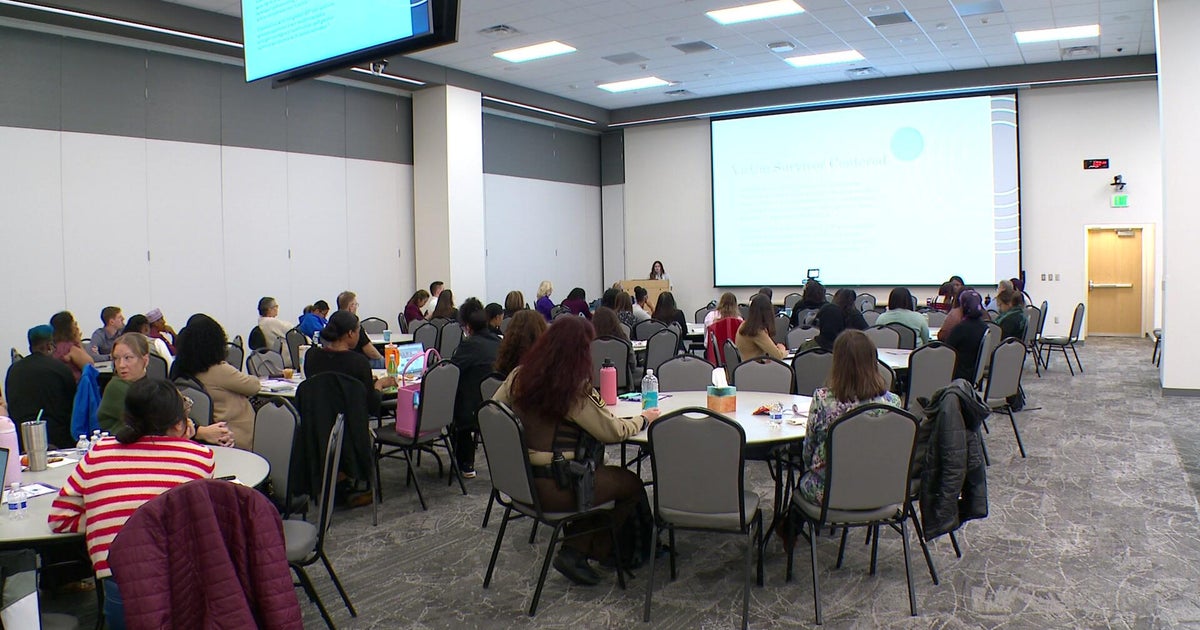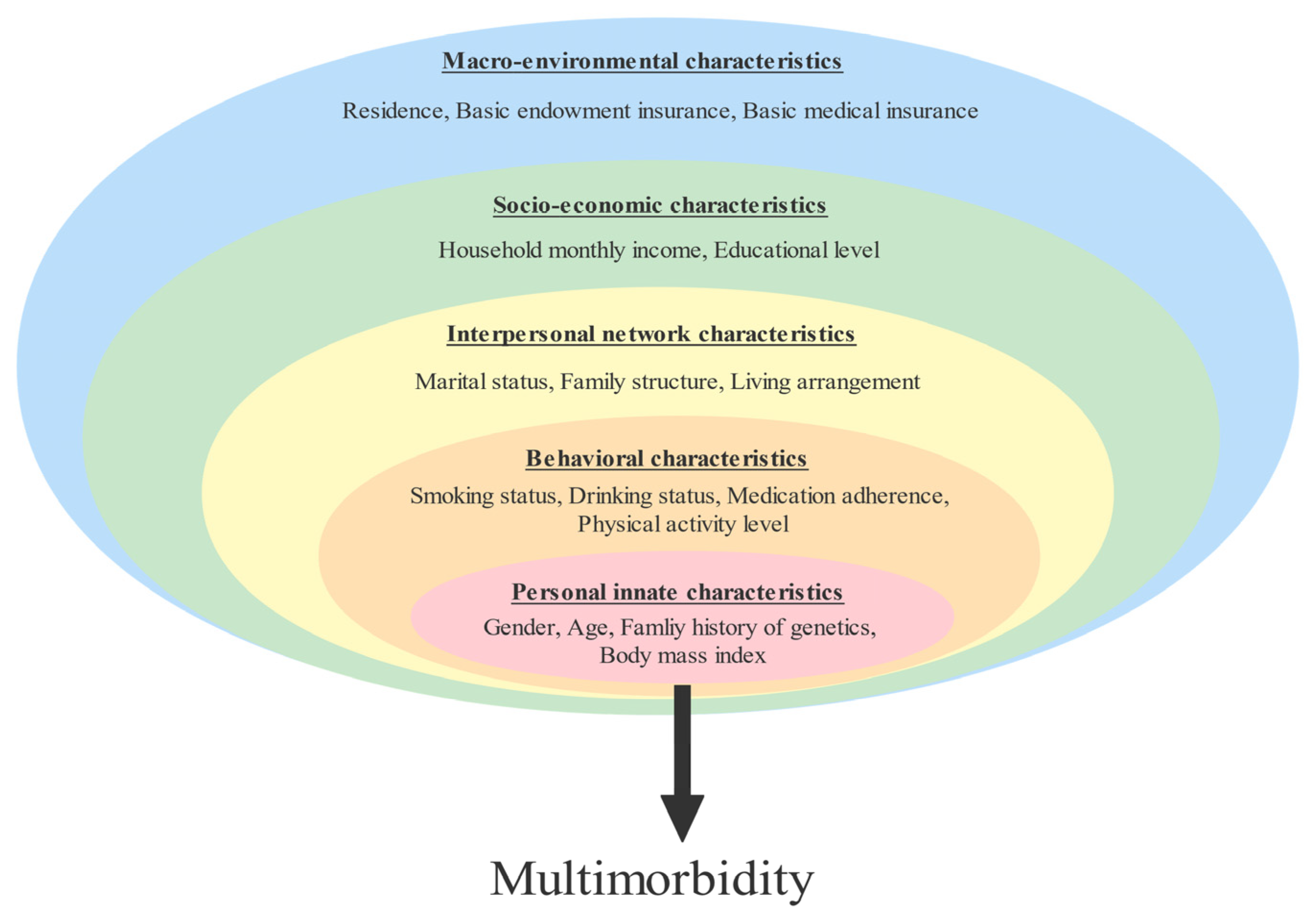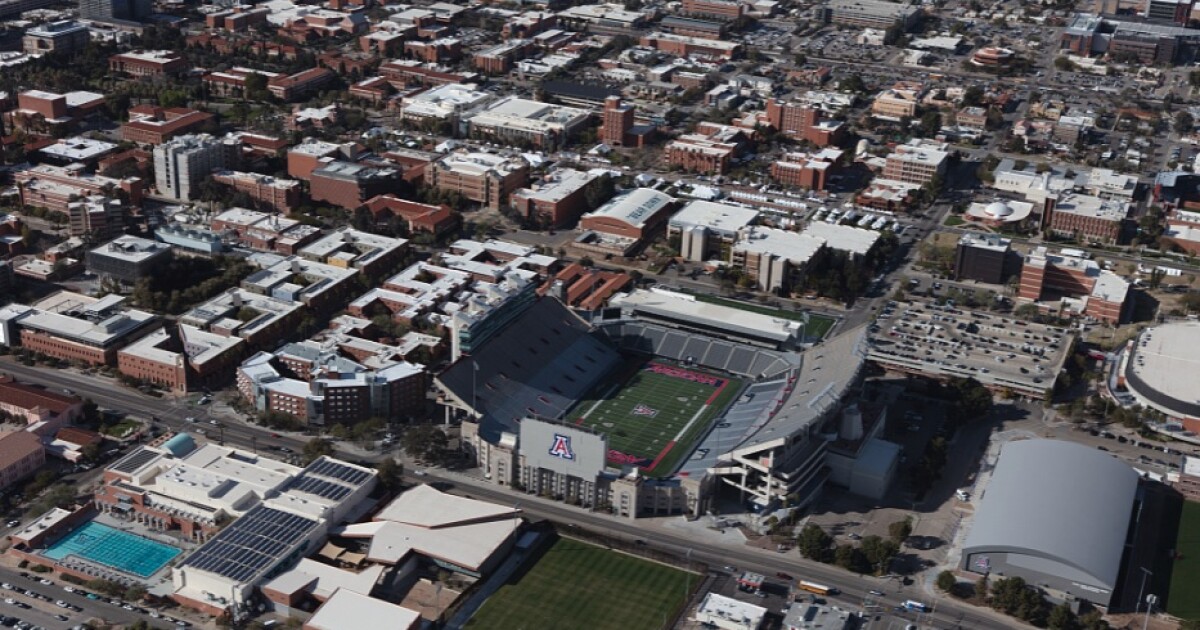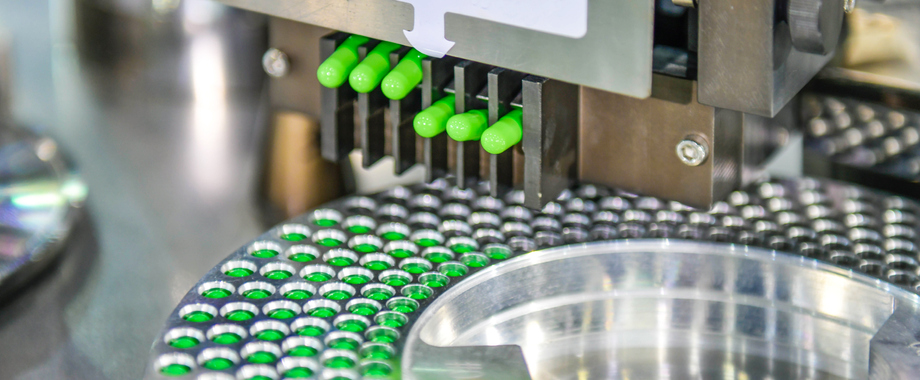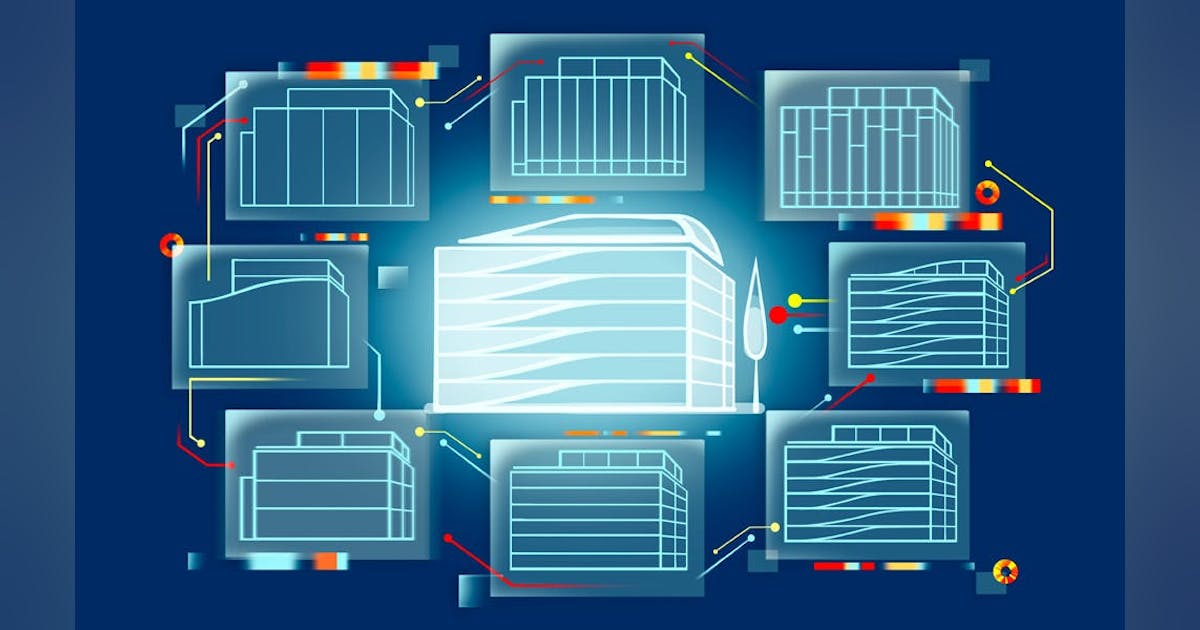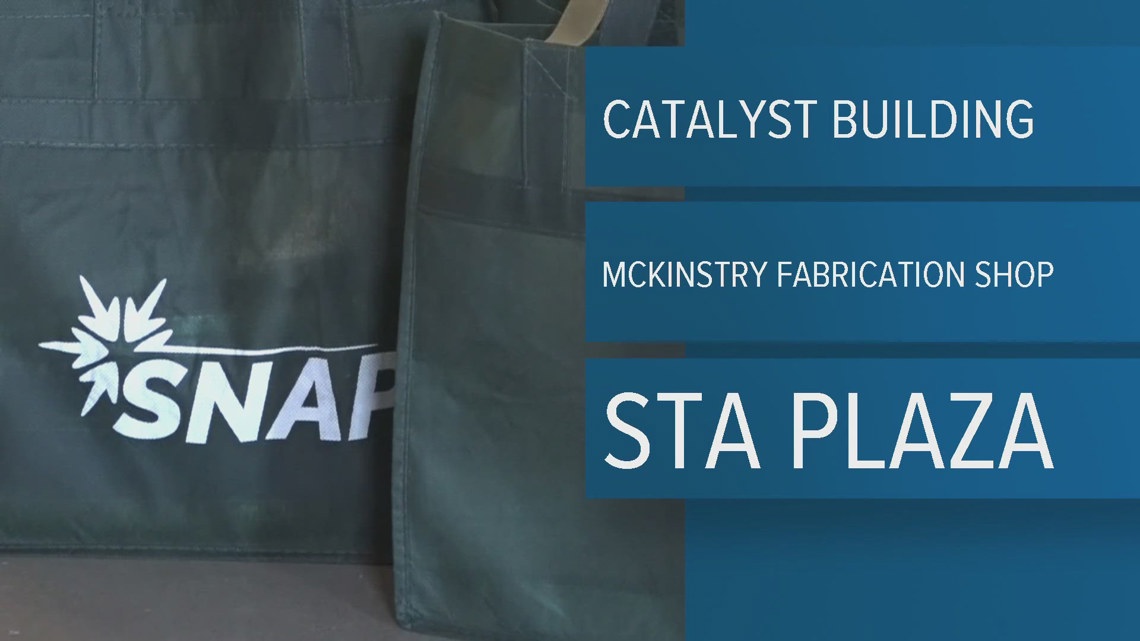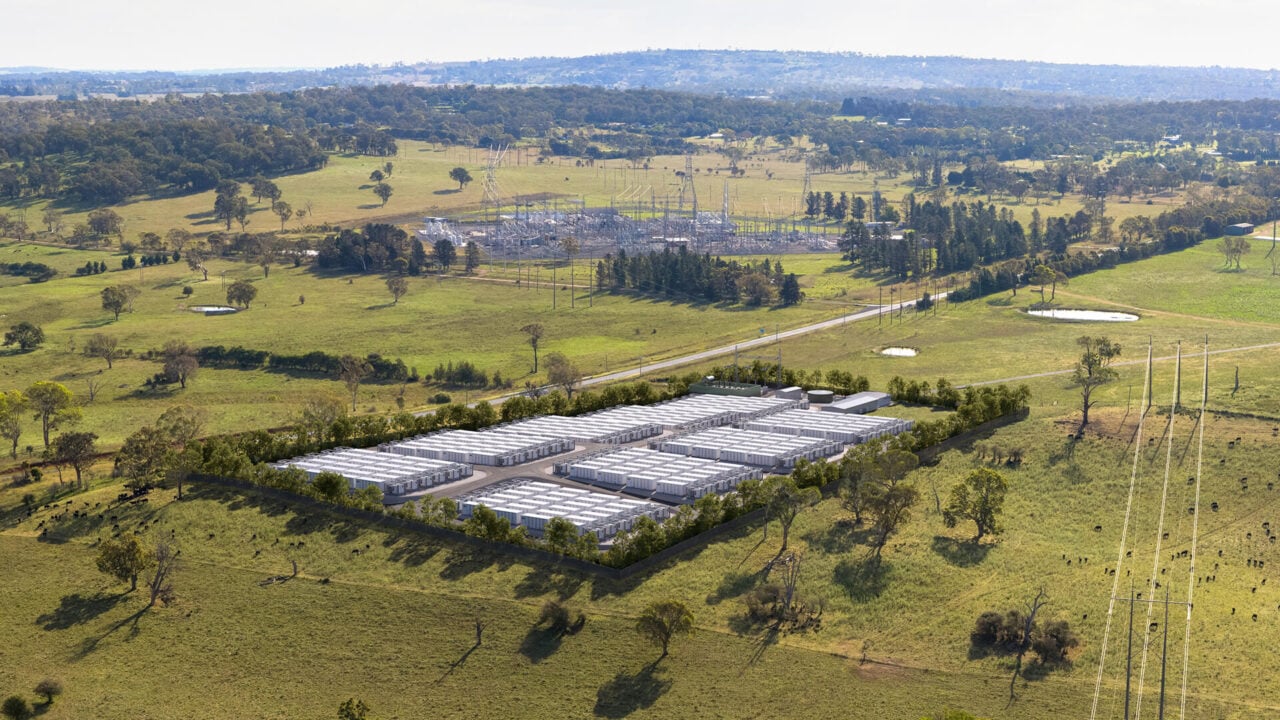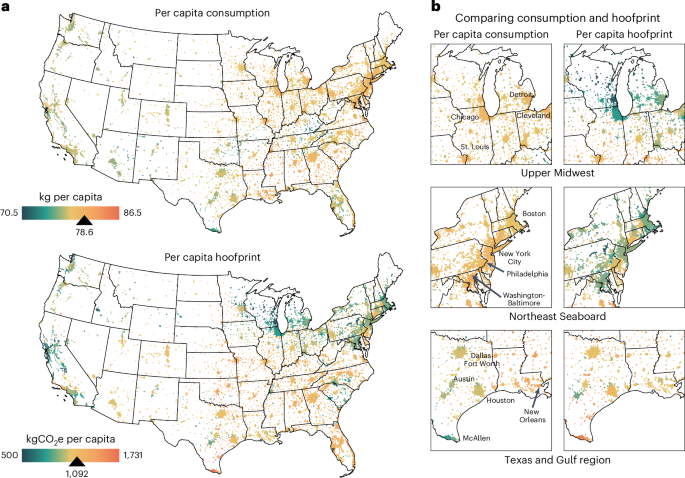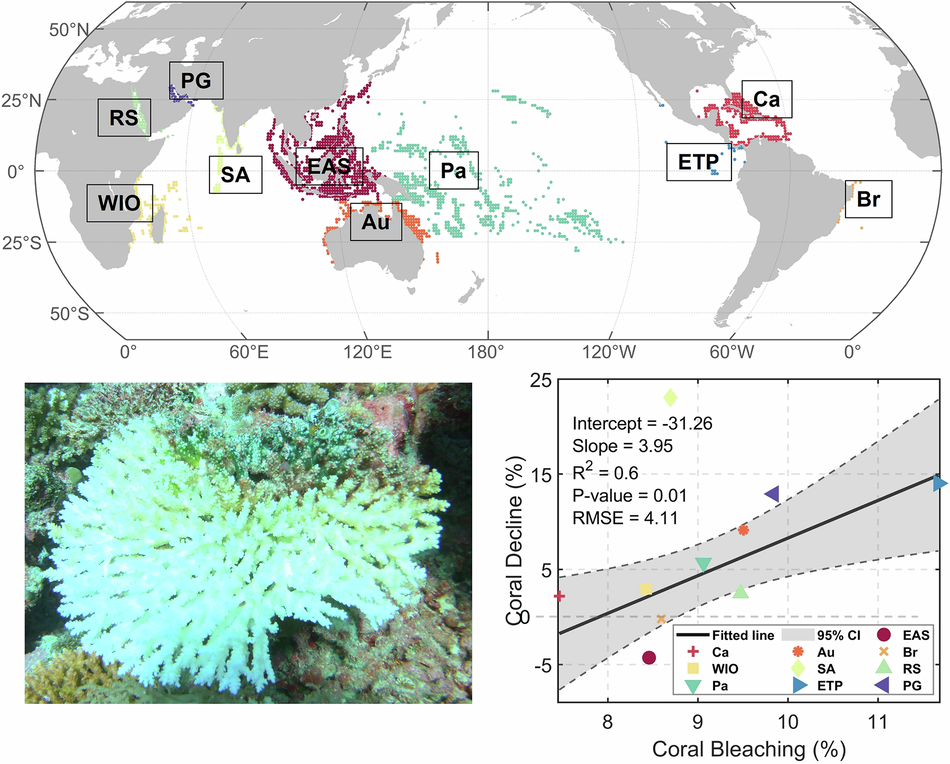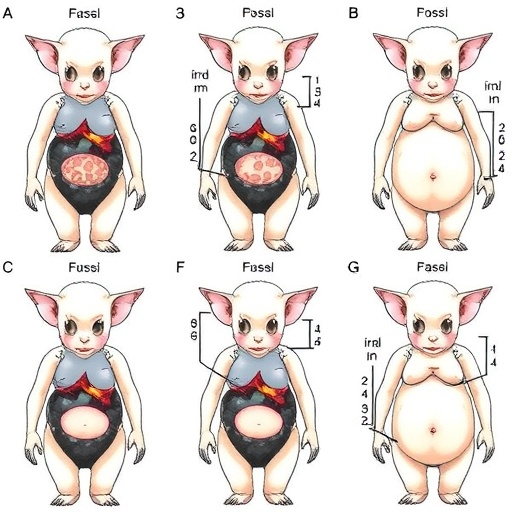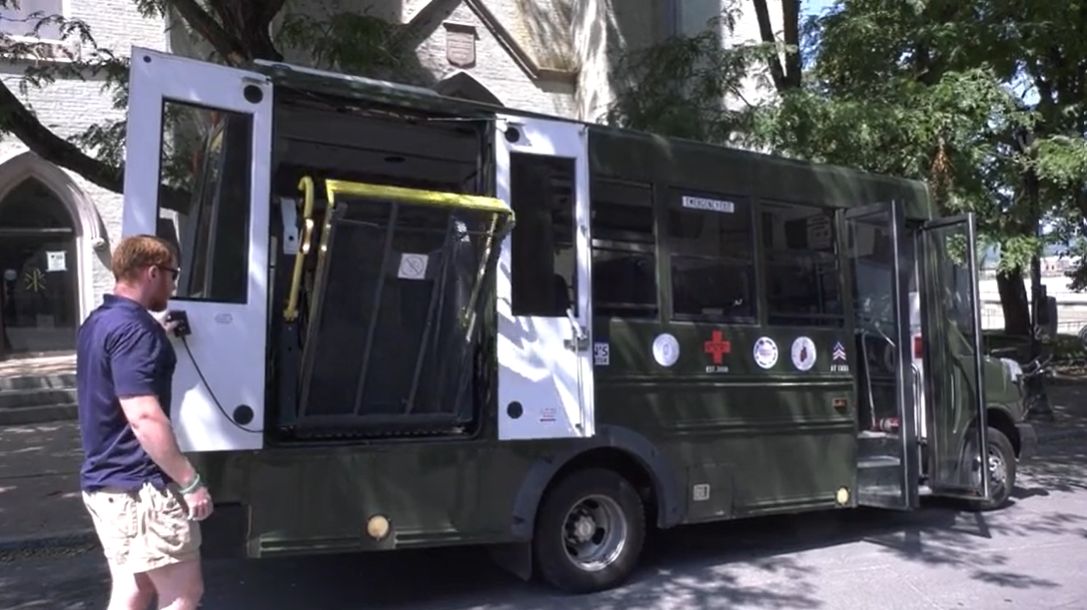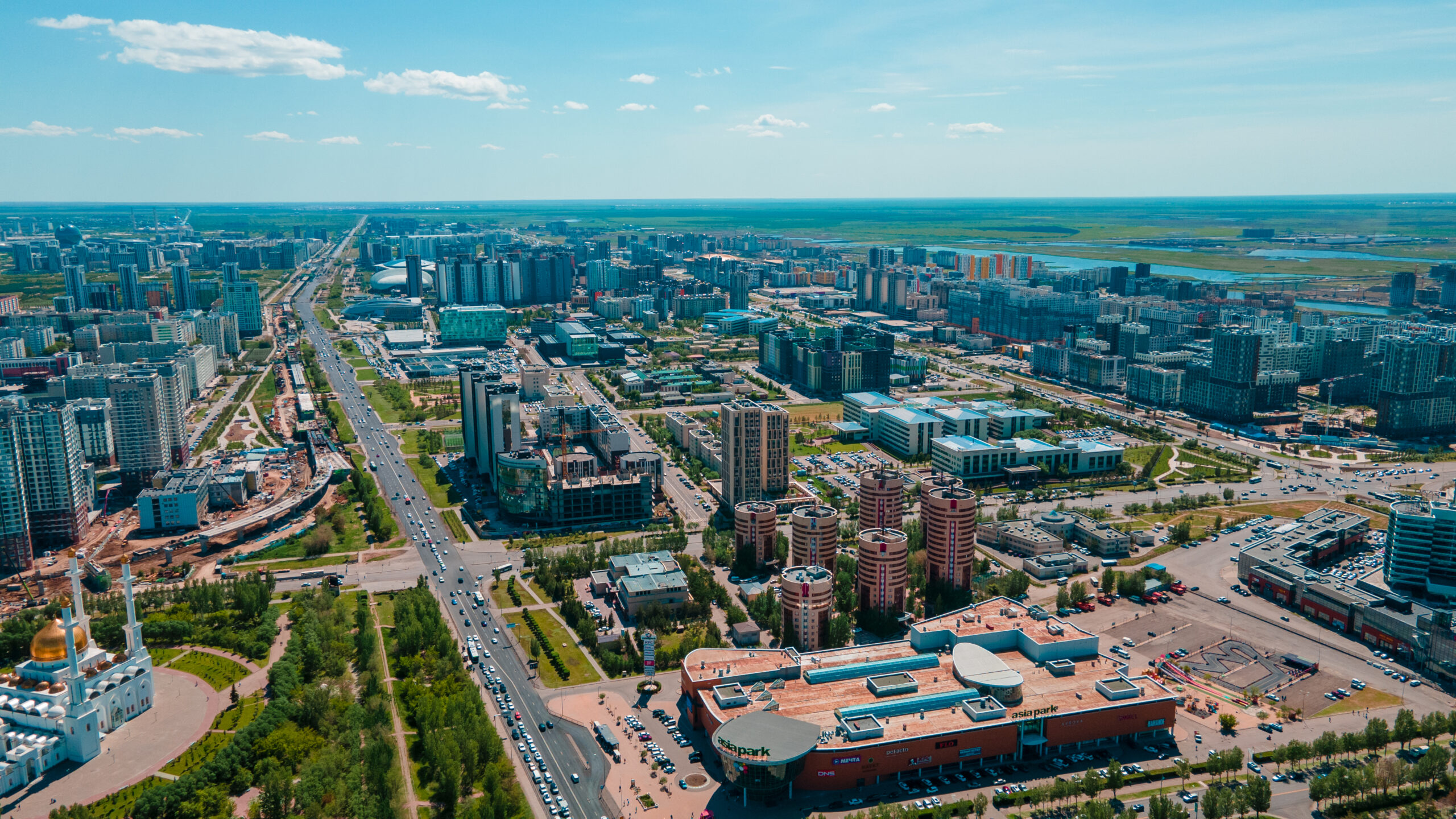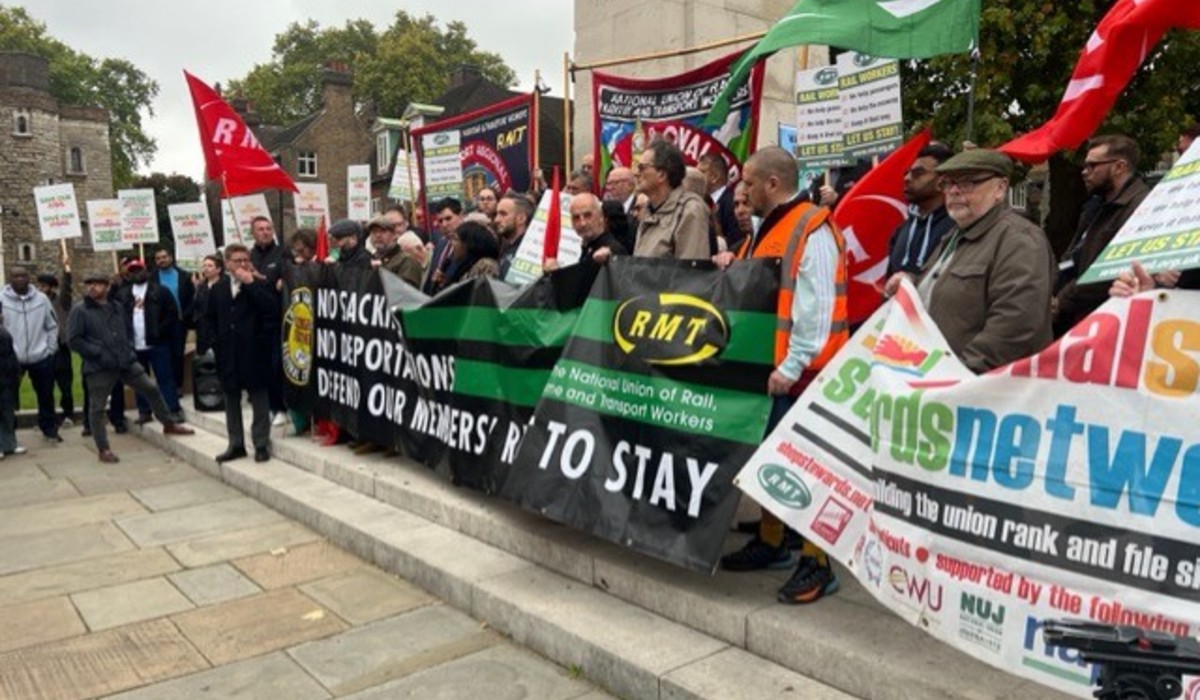Greenwald Bill to Boost In-State Manufacturing and Job Creation Approved by the Assembly – Insider NJ
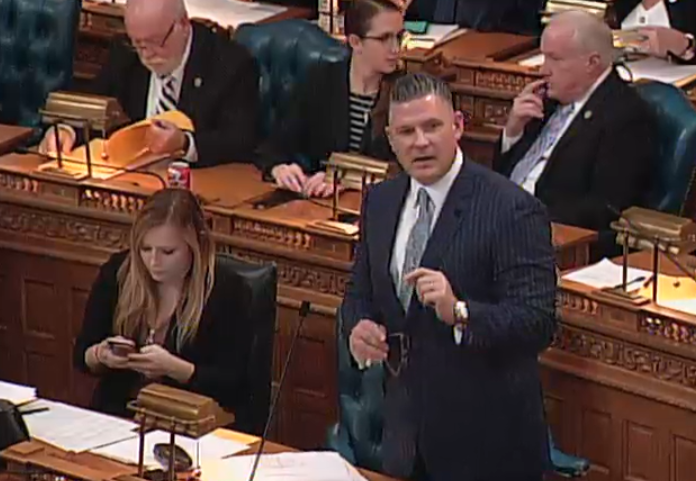
Report on the Approval of the Greenwald Bill to Boost In-State Manufacturing and Job Creation
Introduction
The New Jersey General Assembly has approved a significant legislative measure aimed at revitalizing the state’s manufacturing sector through the establishment of the Next New Jersey Manufacturing Program. This initiative aligns with several Sustainable Development Goals (SDGs), particularly those focused on economic growth, decent work, industry innovation, and sustainable cities and communities.
Legislative Overview
- Bill Number: A5687
- Sponsors: Assembly Majority Leader Lou Greenwald and Assemblywoman Verlina Reynolds-Jackson
- Purpose: To attract investment, support homegrown industries, and create high-quality jobs in New Jersey’s manufacturing sector
Objectives and Strategic Importance
The bill aims to:
- Drive major investments to New Jersey.
- Create well-paying, permanent manufacturing jobs.
- Solidify New Jersey’s leadership in the manufacturing economy.
- Support the reshaping of critical industries in response to changing global supply chains.
This initiative supports the following SDGs:
- SDG 8: Decent Work and Economic Growth – by creating high-quality jobs and promoting sustained economic growth.
- SDG 9: Industry, Innovation, and Infrastructure – by fostering innovation and industrial development.
- SDG 11: Sustainable Cities and Communities – through economic revitalization of local communities.
- SDG 12: Responsible Consumption and Production – by encouraging sustainable manufacturing practices.
- SDG 13: Climate Action – by allocating funds to clean energy manufacturing.
Financial Allocation and Environmental Alignment
- $500 million in tax credits will be reallocated from the NJ Aspire and Emerge programs to support long-term, job-generating manufacturing projects.
- $100 million of this allocation is reserved over the first two years specifically for manufacturers of clean energy products.
- This financial strategy aligns economic development with New Jersey’s broader clean energy and environmental goals.
Program Eligibility and Incentives
The Economic Development Authority will provide tax incentives to eligible businesses that meet the following criteria:
- Make, acquire, or lease a minimum of $10 million in capital investments.
- Create at least 20 full-time jobs.
- Offer competitive manufacturing wages relative to the county of the project location.
Statements from Key Legislators
Assembly Majority Leader Lou Greenwald: “The Next New Jersey Manufacturing Program makes clear that our state is open for business and we are ready to compete for the industries and innovation that will define the future. This is about building a stronger, smarter New Jersey that prioritizes good paying jobs and long-term economic growth.”
Assemblywoman Verlina Reynolds-Jackson: “Manufacturing is more than machines; it’s people, neighborhoods, and opportunities. This bill is a bold investment in our workforce and our future. With the right tools, New Jersey can lead the way in bringing back high quality manufacturing jobs.”
Conclusion
The approval of the Greenwald Bill marks a pivotal advancement in New Jersey’s commitment to sustainable economic development. By fostering investment in manufacturing and clean energy industries, the state is strategically positioning itself to meet key Sustainable Development Goals, ensuring economic resilience, environmental sustainability, and improved quality of life for its residents.
1. Sustainable Development Goals (SDGs) Addressed or Connected
- SDG 8: Decent Work and Economic Growth
- The article focuses on job creation, high-quality employment, and economic growth through revitalizing manufacturing in New Jersey.
- SDG 9: Industry, Innovation, and Infrastructure
- The bill aims to boost manufacturing industries, attract investment, and support innovation in the manufacturing sector.
- SDG 7: Affordable and Clean Energy
- Part of the funding is reserved for manufacturers of clean energy products, aligning economic development with environmental progress.
2. Specific Targets Under Those SDGs Identified
- SDG 8 Targets
- Target 8.2: Achieve higher levels of economic productivity through diversification, technological upgrading, and innovation.
- Target 8.5: Achieve full and productive employment and decent work for all women and men.
- SDG 9 Targets
- Target 9.2: Promote inclusive and sustainable industrialization and, by 2030, significantly raise industry’s share of employment and gross domestic product.
- Target 9.5: Enhance scientific research, upgrade the technological capabilities of industrial sectors.
- SDG 7 Targets
- Target 7.2: Increase substantially the share of renewable energy in the global energy mix.
3. Indicators Mentioned or Implied to Measure Progress
- For SDG 8
- Number of full-time jobs created (minimum 20 full-time jobs per project).
- Wage levels compared to competitive manufacturing wages in the county.
- Amount of capital investment by businesses (minimum $10 million).
- For SDG 9
- Number of manufacturing projects supported by tax incentives.
- Investment in manufacturing infrastructure and technology upgrades.
- For SDG 7
- Amount of funding allocated to manufacturers of clean energy products ($100 million over two years).
- Number of clean energy manufacturing projects supported.
4. Table: SDGs, Targets and Indicators
| SDGs | Targets | Indicators |
|---|---|---|
| SDG 8: Decent Work and Economic Growth |
|
|
| SDG 9: Industry, Innovation, and Infrastructure |
|
|
| SDG 7: Affordable and Clean Energy |
|
|
Source: insidernj.com

What is Your Reaction?
 Like
0
Like
0
 Dislike
0
Dislike
0
 Love
0
Love
0
 Funny
0
Funny
0
 Angry
0
Angry
0
 Sad
0
Sad
0
 Wow
0
Wow
0









